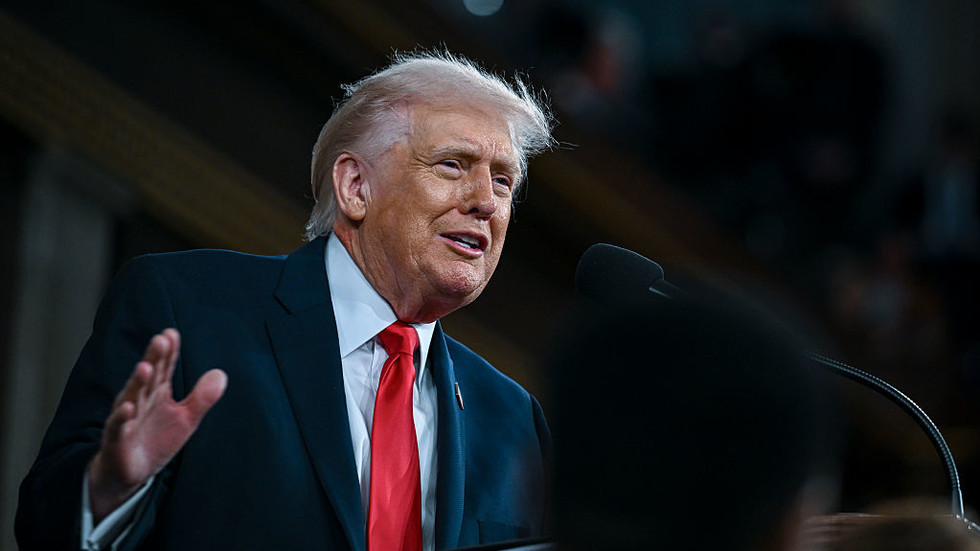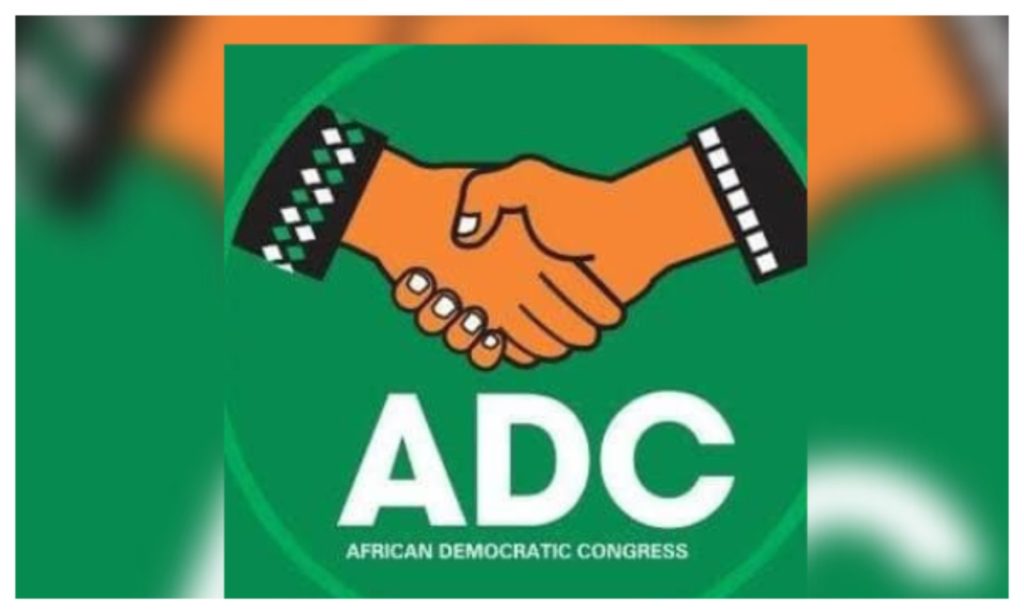The Pentecostal Fellowship of Nigeria has denounced comments made by Islamic cleric Sheik Ahmad Gumi, who claimed that Christians in the Middle Belt region are staging funerals with empty coffins to fabricate a narrative of genocide. The Christian organization described Gumi’s remarks as insensitive, irresponsible, and morally reprehensible.
Gumi had alleged that Christians in the Middle Belt were burying empty coffins to create a false narrative of genocide. However, the Pentecostal Fellowship of Nigeria, in a statement by its National Publicity Secretary, Dr. Sylvanus Ukafia, dismissed this claim as baseless and inflammatory. The statement emphasized that funerals are communal and identity-based rites that are anchored on real names, families, and histories, making it illogical to suggest that entire communities are staging fake burials without any inconsistencies or whistleblowers.
The Christian body pointed out that Gumi’s allegation relies on an unnamed “doctor” without any verifiable details, such as a name, location, evidence, photos, or timestamps. This, they argue, is hearsay masquerading as fact. The organization stressed that across Nigerian cultures, including Christian, Muslim, and traditional, there is no practice of burying empty coffins.
The Pentecostal Fellowship of Nigeria’s statement is a response to Gumi’s comments, which have been widely reported in the Nigerian media. The organization’s strong condemnation of Gumi’s remarks highlights the sensitivity and controversy surrounding the issue of religious tensions and conflict in Nigeria. The Middle Belt region has experienced significant violence and insecurity in recent years, with various communities affected by clashes and attacks.
The Pentecostal Fellowship of Nigeria’s rebuttal of Gumi’s claim is significant, as it underscores the need for responsible and accurate communication, particularly from religious leaders. The organization’s emphasis on the importance of verifiable evidence and fact-based discourse is crucial in promoting peaceful coexistence and reducing tensions between different communities in Nigeria. As the situation continues to unfold, it is likely that the debate and discussion around Gumi’s comments will persist, with various stakeholders seeking to promote greater understanding and reconciliation.



